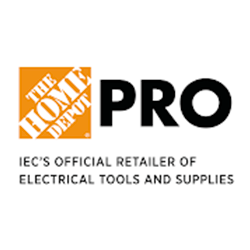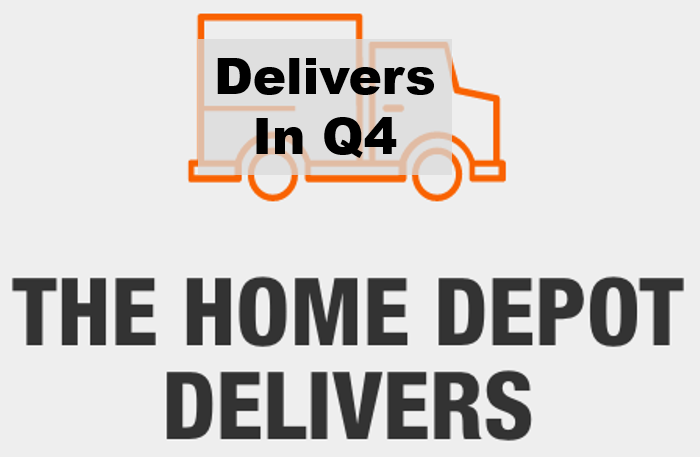HD Supply Goes Home

The major story in the distribution industry yesterday was Home Depot acquiring HD Supply. While many electrical distributors may wonder “why the coverage” as “we don’t compete with them”, the reality is that Home Depot and HD Supply are competing more and more with electrical distributors.
Some will remember that HD Supply was conceived within Home Depot and was eventually spun out via an acquisition of three private equity companies. Over time, HD Supply divested itself of various divisions so that the remainder was HD Supply’s Facilities Maintenance Group.
Some of the HD Supply roots are in the electrical industry include:
- HD Supply originally included Hughes Supply, which had a significant electrical business in the Southeast
- Edson Electric, which was a significant Arizona based distributor
- Utiliserve, which was a utility distributor and was merged with Hughes Supply to be a significant player in the utility space.
Eventually these businesses, and a little more, formed HD Supply’s Power Solutions group which was eventually sold to Anixter.
And one of the HD Supply initial investors was the private equity firm CD&R, which at one time owned WESCO. They, and at least one other HD Supply private equity firm, invested in Rexel when Rexel was taken public.
Yes, it is a small world.
Today, HD Supply’s Facilities Maintenance group focuses on serving multifamily, hospitality, and commercial properties as well as healthcare, and government facilities. So, somewhat similar to Grainger in the sense they are an MRO distributor, however, not the industrial focus of Grainger.
HD Supply Facilities Maintenance has a reasonable, residential / light commercial online electrical offering.

And remember, Home Depot acquired Interline Brands, another MRO distributor, in mid 2015. They have had significant success in developing this business and it forms one of the core elements of Home Depot Pro Institutional.
Home Depot claims this is a $55 billion market. According to DISC, the “institutional” market is about a $10 billion market through electrical distribution, indicating it is not a segment where electrical distributors have been too successful. But, knowing Home Depot and Grainger, it should be assumed that this market can be profitable if there is focus and scale.
From a manufacturer viewpoint, while HD Supply Facilities Maintenance is reportedly a little more than $3 billion business (and unknown what percent is electrical, it highlights that Home Depot is aggressively pursing the Pro market, be it the MRO market or the contractor market. And if Home Depot gains MRO business at a facility, are we naïve to think that they won’t pursue renovation opportunities (lighting retrofits / energy upgrades? Retrofit / replace all smoke detectors? Need intercom systems? Replace wiring devices / upgrade to AFCIs?) or highlight that they can be a one-stop shop (or a la carte) for small and medium construction projects? And yes, they offer project pricing, a loyalty program that provides 2% back, credit, etc. In other words, they will seek to be “full-service” to the Pro market.
And they are well positioned to service Pros who desire to purchase online or solicit information online. They are also well-known to be focused on the electrical space (and a number of manufacturers we have spoken with have commented that their pro-packaged products have accelerated sales during the pandemic via Home Depot and Lowes.)
Further, Home Depot has been investing in warehouses throughout the country to support its growing eCommerce business and its Pro business, inclusive of delivery services.
As a manufacturer, depending upon your business focus, Home Depot may warrant a dual focus … a residential support team and a Pro support team.
Years ago, electrical distributors dismissed Home Depot as a competitor. Back then the target audience was the DIY market. Perhaps justified as electrical distributor have been challenged in servicing the non-professional market. While Home Depot has been focused, it is now spreading its wings and distributors would be wise to recognize that they are becoming a more mainstream competitor with increased focus on small to mid-sized residential and commercial contractors as well as the electrical MRO business for non-industrial accounts. What becomes left? The higher cost to serve customer base?
So, is Home Depot now on your radar or will electrical distribution continue to concede this market segment?
Click here for other ElectricalTrends postings mentioning Home Depot.























